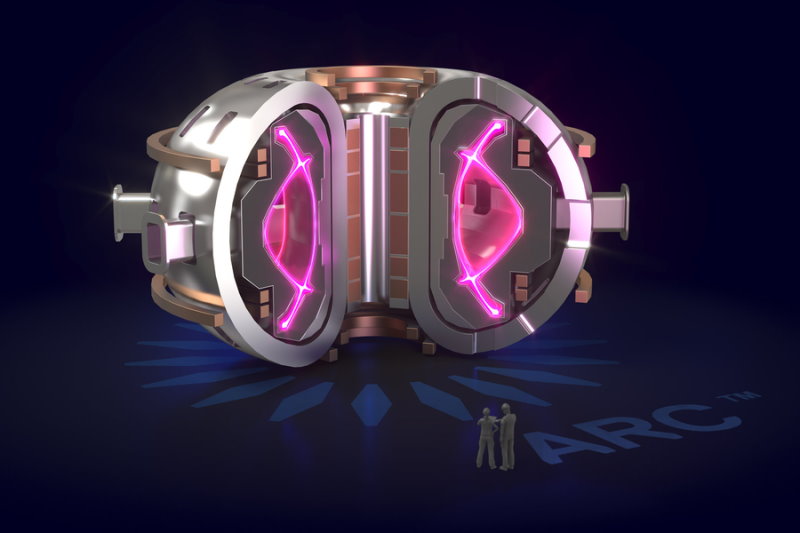Your cart is currently empty!
Enzyme conjures electricity out of thin air
Researchers from Monash University Biomedicine Discovery Institute in Melbourne have discovered an enzyme that can ‘burn’ hydrogen to generate electricity. Extracted from a common soil bacterium, the complex protein called Huc is remarkably efficient: it can convert even trace amounts of the gas present in ambient air – a feat that no synthetic catalyst has been able to replicate. Huc could possibly be used in fuel cells or as a power source for low-energy devices.
Hydrogen-consuming bacteria are actually quite common in soil. In some cases, the ability appears to have evolved to serve as a backup power source when starvation sets in. Only in extremely nutrient-deprived environments, bacteria specialized in using H2 as fuel are found. These usually can’t tolerate exposure to high levels of oxygen, which ‘chokes’ their hydrogen-burning enzymes.
Huc, found in M. smegmatis, is an exception. Even in the presence of 21 percent oxygen, it can consume hydrogen from the ambient air, which constitutes only 0.00005 percent of the gaseous mixture. For a piece of biological material, it’s also quite robust; it can be frozen or heated to 80 degrees Celsius without losing activity.

